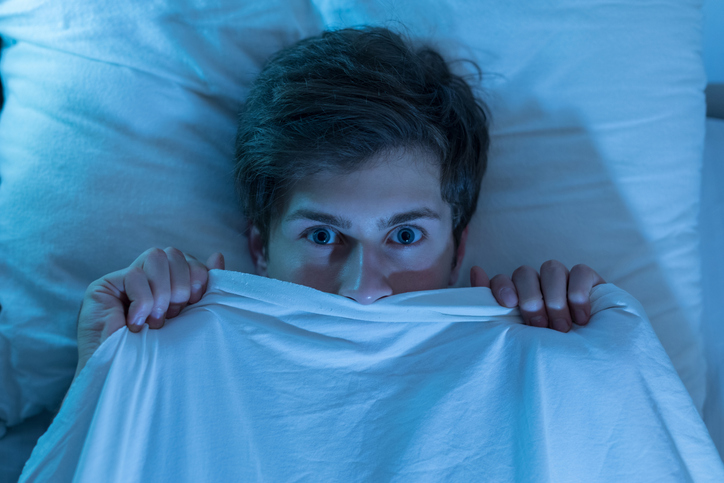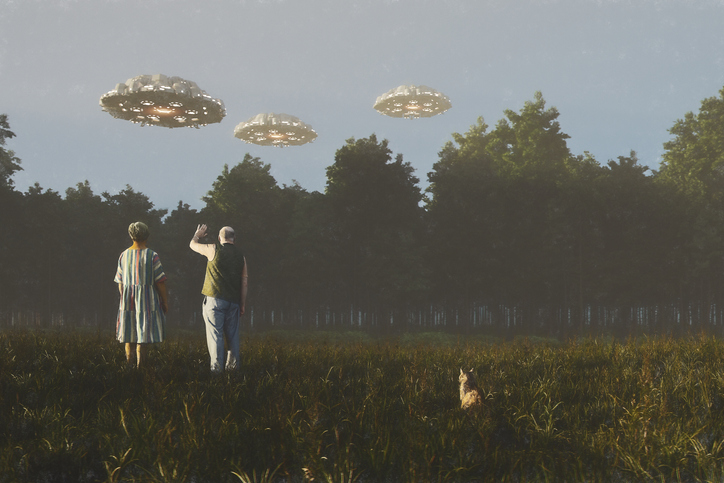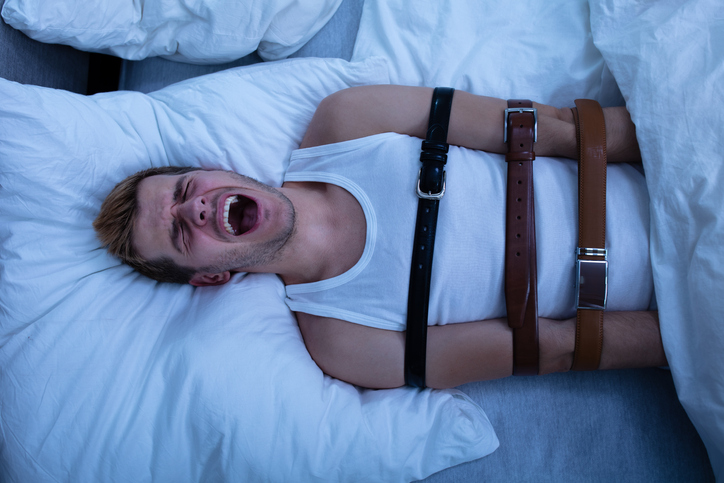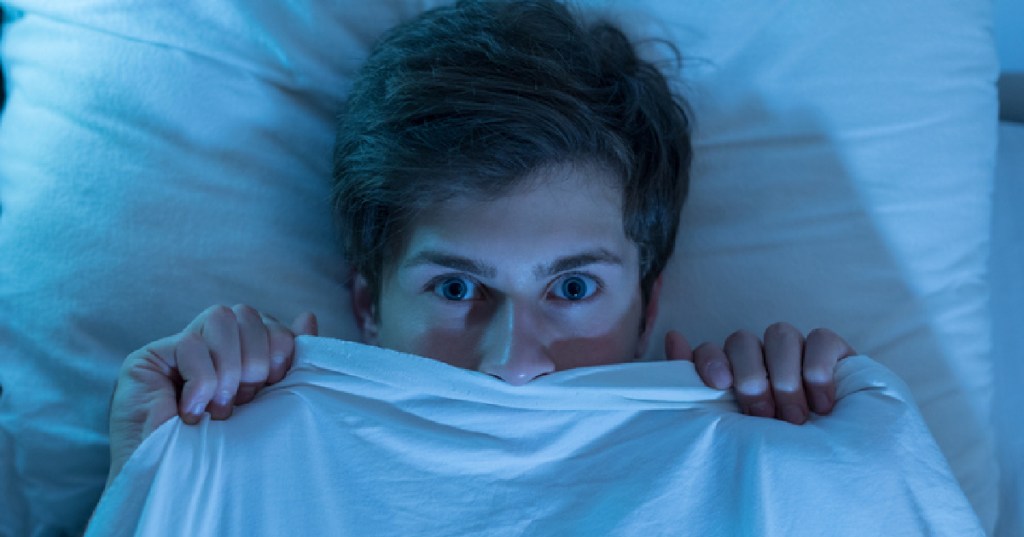Trending Now
There are some people who accept the existence of the paranormal – ghosts, demons, and the like – as just part of life. Others are more skeptical, but there’s no denying there might be something to it, as we’ve been having this conversation for hundreds of years.
What if there’s a connection between seeing/believing and a lack of sleep, though? A recent study suggests that could definitely be the case.

Image Credit: iStock
New research seems to imply that an inability to sleep well could lead to more easily seeing the paranormal in the shadows.
It joins previous studies that have linked things like sleep paralysis and exploding head syndrome to convictions about ghosts, demons, aliens, and the afterlife.
In Egypt, for example, sleep paralysis is said to be caused by nefarious spirits known as jinn. In Italy, it’s a cat-like witch called Pandafeche that’s to blame.
For this study, researchers analyzed responses from 8,853 people to determine how sleep quality can impact belief in ghosts and demons, a certainty that the soul continues postmortem, and the idea that aliens have already visited Earth.

Image Credit: iStock
They found that these beliefs are far more common among those who get fewer hours of sleep per night, take longer to fall asleep, who struggle with insomnia, or who generally are less happy with their quality of sleep.
Interestingly, two-thirds of those who experience sleep paralysis or exploding head syndrome were convinced aliens were real and had been here.
Only 3.4 percent of the total sample believe the same.
Around 60% of those who experienced sleep paralysis also said they believed the soul lives on after death, and people with insomnia are more likely to believe in the devil.
That last one makes a strange bit of sense, if you ask me.

Image Credit: iStock
The study authors said this in their paper:
“As sleep paralysis involves different types of hallucinations, including auditory and visual, and exploding head syndrome typically involves a bang, our findings suggest that the belief in aliens may be associated with sleep disturbances that produce sounds or images. One explanation for these associations is therefore that someone experiencing sounds or images associated with sleep could interpret this as evidence that aliens or other supernatural beings exist.”
More research is needed, but the authors hope that the findings will help clinicians in diagnosing sleep disorders in the meantime.
As for me, I’ll be hoping the insomnia stays at bay, because it’s the worst.






